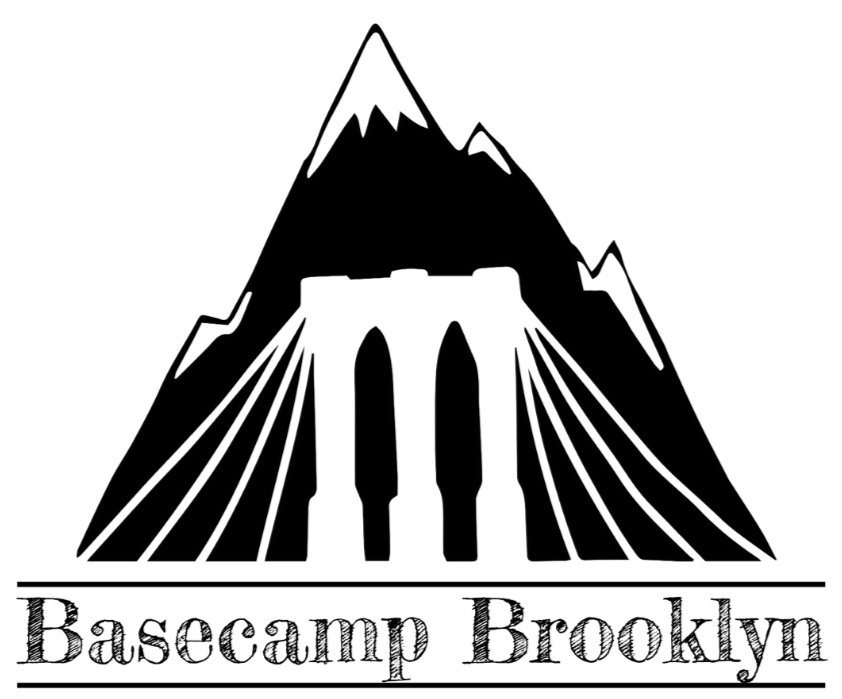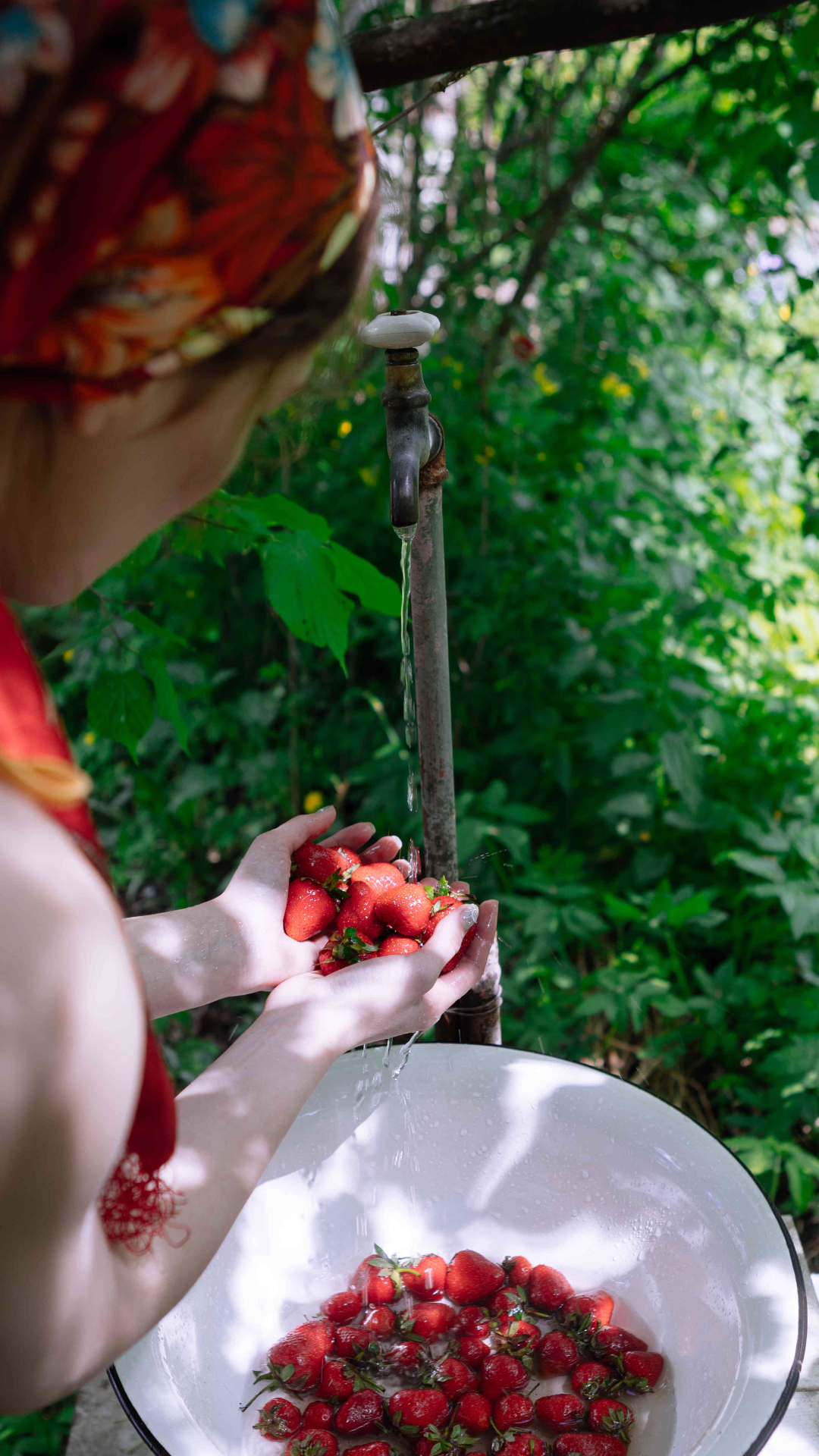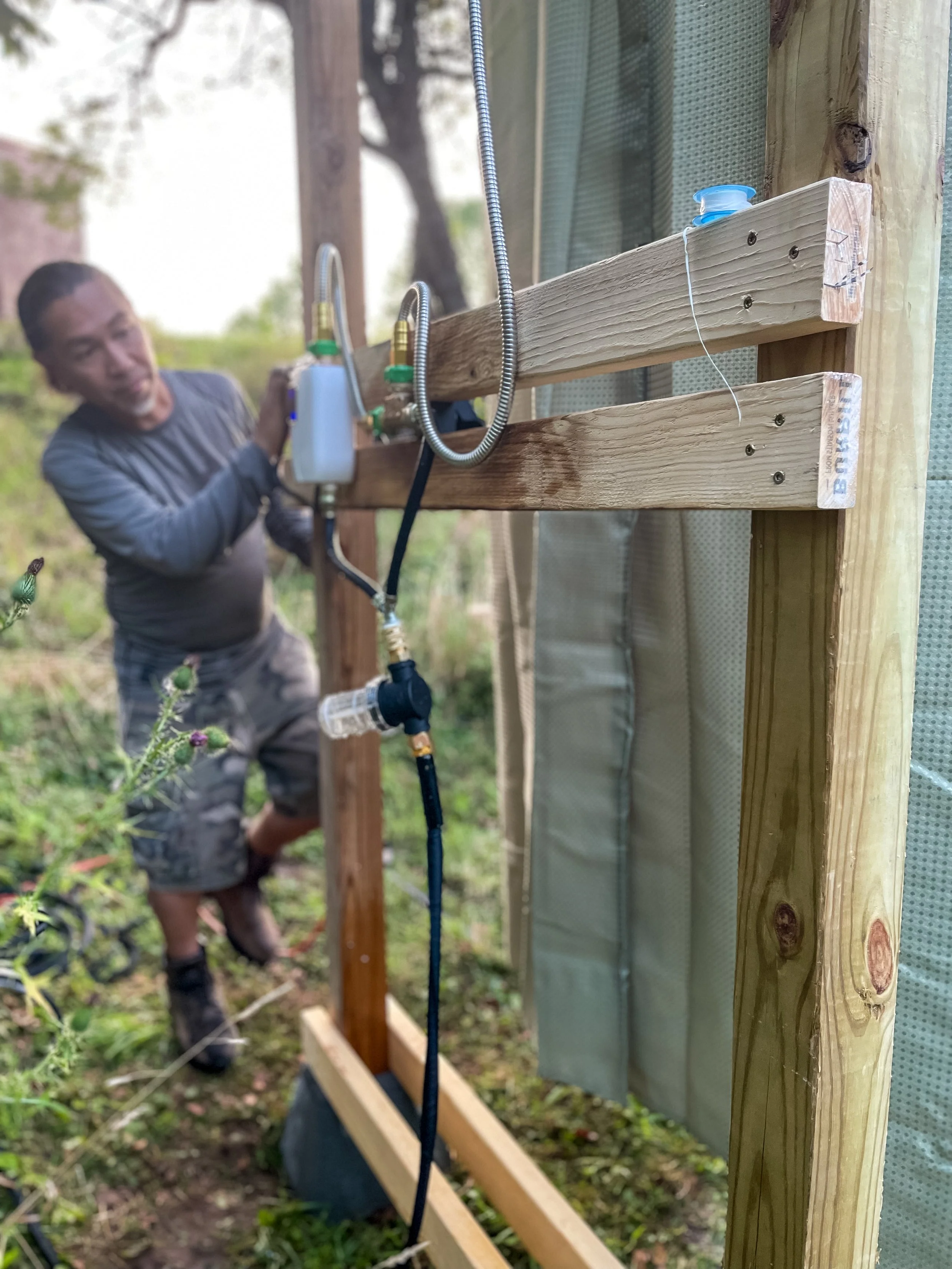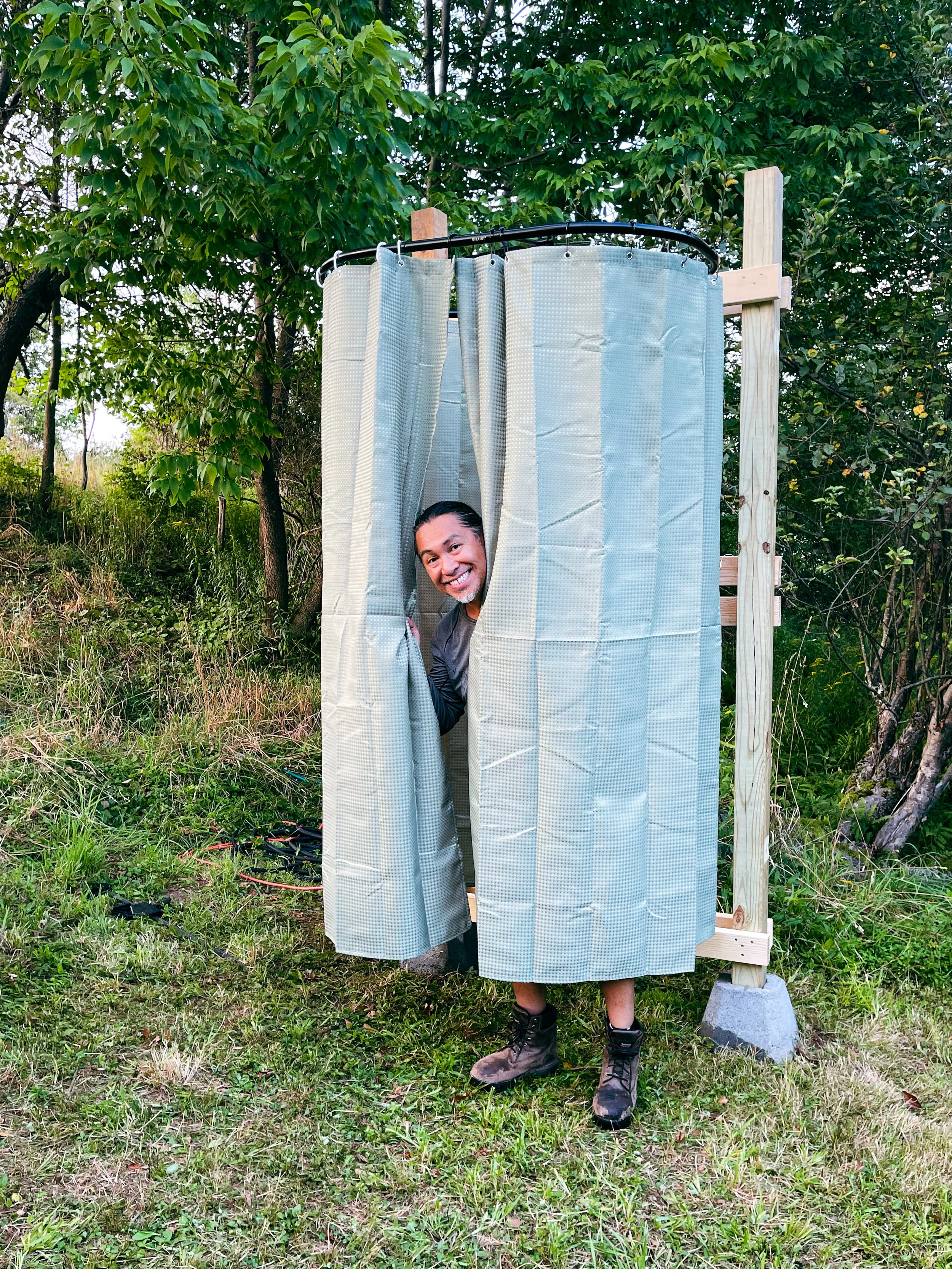What Is the Best Eco-Friendly Soap to Use While Camping?
Quick Answer: The best eco-friendly soap for camping is a biodegradable, unscented, plant-based formula such as Dr. Bronner’s Baby Unscented Liquid Soap or Sea to Summit Wilderness Wash. These break down quickly, won’t harm plants or wildlife, and are safe for outdoor showers, dishwashing stations, and backcountry use.
When you’re camping — whether it’s deep in the woods, at a music festival, or at a cozy cabin in the Catskills — the products you use don’t just disappear down the drain.
Every drop of soapy water eventually ends up in the environment, which means the wrong soap can harm plants, pollute streams, and disrupt delicate ecosystems. That’s why choosing eco-friendly, biodegradable camping soap isn’t just a nice idea — it’s essential for responsible outdoor living.
In this guide, you’ll learn:
Why biodegradable soap matters for camping
Which ingredients to avoid
Our top recommendations for eco-friendly camping toiletries
How we use these at Basecamp Brooklyn to protect our land and waterways
Why You Shouldn’t Use Regular Soap When Camping
Most conventional soaps, shampoos, and detergents contain chemicals that linger in soil and water. Even “natural” soaps can be problematic if they have strong essential oils, synthetic fragrances, or phosphates.
The main issues are:
Water Pollution – Soapy runoff can enter lakes, rivers, and groundwater, affecting fish, amphibians, and other wildlife.
Soil Damage – Some soaps leave residues that kill beneficial microbes and harm plants.
What to Look For in a Camping-Safe Soap
For a soap to be safe for the outdoors, it should be:
Biodegradable – Breaks down naturally within about 28 days (Leave No Trace guidance)
Free from Harsh Chemicals – No sulfates, phosphates, parabens, or synthetic fragrances
Low-Scent or Unscented – Strong essential oils like peppermint, citrus, and tea tree can harm plants and insects
Concentrated – You’ll use less, meaning less graywater impact
What to Avoid
Skip soaps that:
Contain antibacterial agents like triclosan
Have strong fragrances (natural or synthetic)
Use artificial colors or preservatives
Claim to be “biodegradable” but still have sulfates or phosphates
Top Eco-Friendly Soaps for Camping
Here are five tried-and-true options that are safe for most camping setups — and the ones we provide for guests at Basecamp Brooklyn:
1. Dr. Bronner’s Baby Unscented Liquid Soap
Best for: All-around use — body, hair, dishes, laundry.
Gentle, biodegradable, and versatile.
Organic, fair trade, and free from synthetic additives.
Available in bulk for cost efficiency.
2. Dr. Bronner’s Unscented Organic Sugar Soap
Best for: Outdoor showers.
Thicker, moisturizing formula for a nicer shower experience.
Still fully biodegradable and unscented.
Works well in refillable pump bottles.
3. Dr. Bronner’s Organic Hair Rinse
Best for: Eco-friendly conditioning after shampooing.
Made with organic oils and essential oils for soft, manageable hair.
Biodegradable and safe for plant-based graywater systems.
Can be premixed with water for convenience (1 oz rinse + 8 oz water in a pump bottle)
4. Sea to Summit Wilderness Wash
Best for: Backpacking, minimal gear setups.
Super concentrated (a few drops go a long way).
Biodegradable and safe for multi-use cleaning.
Small, travel-friendly bottles available.
5. Ethique Eco-Friendly Solid Shampoo Bar
Best for: Waste-free travelers.
Zero-waste compostable packaging.
Long-lasting and effective for hair care.
Requires dry storage between uses.
6. Puracy Natural Body Wash
Best for: A spa-like body wash feel.
Plant-based, biodegradable, and cruelty-free.
Gentle on sensitive skin.
How to Use Soap Responsibly While Camping
Even the most eco-friendly soap can harm nature if misused. Follow these best practices:
Stay 200+ feet from natural water sources when washing.
Use only a small amount — a little goes a long way.
Dispose of graywater in a designated area or through a plant-based filtration bed.
How We Do It at Basecamp Brooklyn
At Basecamp Brooklyn, just a few hours from NYC, we’re designing our outdoor shower and dishwashing station to drain into a custom greywater plant filtration bed.
This system uses shade-tolerant, moisture-loving plants that naturally filter and clean the water before it returns to the ground. But it only works if we use the right products — so we provide them for all guests:
Shower: Dr. Bronner’s Unscented Organic Sugar Soap + premixed Organic Hair Rinse for conditioning
Dishwashing: Dr. Bronner’s Baby Unscented Liquid Soap
Guests love it because they don’t have to bring toiletries, and we love it because it keeps our land healthy, our water clean, and our plants thriving.
The Bottom Line
If you’ve been wondering “What’s the best eco-friendly soap for camping?” — the answer is one that’s biodegradable, unscented, and gentle enough for plants and wildlife.
Whether you’re camping off-grid, staying in a tiny house, or pitching a tent at a music festival, the right soap protects the environment and ensures the outdoors stays beautiful for everyone.
At Basecamp Brooklyn, we believe camping should be comfortable and sustainable — and that starts with what’s in your soap bottle.










